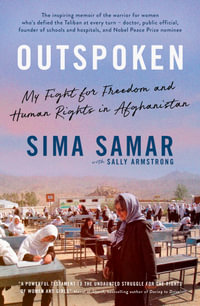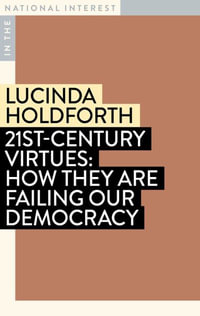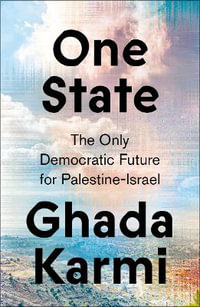Contents and AbstractsIntroduction: Standards and Their Tinkering chapter abstractThis chapter opens the book by laying out the theoretical foundations, historical context, and methodological background of the study. It situates human rights training programs for government workers in Turkey within the larger framework of EU harmonization and bureaucratic reform, and as enactments of transnational standardization and international development. The chapter also contextualizes the trainings by providing background on the history of the human rights movement in Turkey as well as the history of Turkey-EU relations. It ends with an elaboration of the research methods and a discussion of the book's general contribution to anthropological studies of global phenomena and transnational processes.
1Training Bureaucrats, Practicing for Europe chapter abstractThis chapter provides an overview of the bureaucratic field in Turkey as a deeply hierarchical setting that houses human rights trainings. Turkey's accession to the EU requires the reorganization of this hierarchical field in order to promote more egalitarian and cooperative state-society relations. Human rights training programs challenge the traditional elite status of Turkish government workers, forcing them to recalibrate the basis of their bureaucratic authority and governmental legitimacy. Rather than basing their claims to governmental legitimacy on standing above ordinary citizens, government workers are now compelled to argue that they have the right to govern because they come from within the Turkish society.
2Human Rights, Good Governance, and Professional Expertise chapter abstractThis chapter focuses on the bureaucratic reform efforts in Turkey that aim to transform the country's governmental machinery in line with the EU's good governance framework. The explicit purpose of these efforts is to transform public administration from a realm that thrives on hierarchy into a systematic apparatus that produces service. Human rights training programs are situated within this larger framework of capacity building and bureaucratic reform, which leads to reframing human rights as matters of professionalism and expertise. Despite the efforts to carve out a professional bureaucratic realm devoid of emotions and politics in line with good governance, individual initiative, personal discretion, conscience, paternalistic care and ideological commitments come back to haunt human rights trainings.
3Human Rights Education and Adult Learning chapter abstractThis chapter examines the pedagogical models and specific educational techniques that inform human rights trainings as traveling forms that are used in similar training programs around the world. These pedagogical settings are saturated with asymmetrical power relations arising from bureaucratic hierarchies and transnational inequalities. Training programs use participatory models of learning and adult education techniques to level these hierarchies, and to make training less threatening and more acceptable for Turkish government workers.
4Translation and the Limits of State Language chapter abstractThis chapter analyzes the actual practices of the models of education by focusing on the practices and politics of translation that take place during the training seminars. Translation both as a metaphor and an actual practice works to manage the implicit foreignness of the human rights rhetoric at human rights trainings. As a result of these management strategies, human rights issues are translated in a domesticating mode during the training programs. This mode of translation ends up not challenging but consolidating the boundaries of the sayable and non-sayable in the Turkish official domain.
5Dramas of Statehood and Bureaucratic Ambiguity chapter abstractThis chapter focuses on the performative interactions between the foreign trainers and the Turkish government workers participating in human rights training programs. These programs contain both formal and informal venues of performance, ranging from inauguration ceremonies to role-plays. While formal venues enable the representatives of Turkey and the EU to perform the protocol of transnational bureaucratic encounters, everyday interactions between Turkish government workers and foreign experts present the training audiences with the opportunity to act like the state. The audiences employ various strategies to turn translation instances, classroom discussions, and group exercises into performances through which they speak back to the foreign parties of the training. Furthermore, various participants also employ these situations to mark their position and status among their peers, and to enact a condition of common sociality that defines the world of government workers in Turkey.
Conclusion: Of Fragments and Violations chapter abstractAmidst the disquieting upsurge of authoritarian policies and populist politics in the country, this chapter seeks to account for how seemingly progressive and liberal projects such as bureaucratic reform and human rights trainings can coexist with (and sometimes even lead to) violent state practices and an illiberal form of governance. It concludes the book with an elaboration of the performance of bureaucratic intimacies during human rights training programs. Enabled by the particular structure and implementation of the trainings themselves, these performances end up generating a community of knowers of bureaucratic secrets, instead of a community of believers in universal human rights values. The kind of understanding that emanates from such a community contributes to prolonging the environment of impunity and unaccountability that continues to shape the governmental realm in Turkey.
























